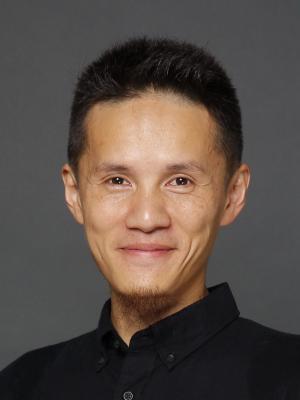Chi-Yeung (Jimmy) Choi
Jimmy is an applied ecologist with expertise in animal ecology, conservation biology, wetland ecology and environmental management. He studies the relationship between animals and their environment. Current study systems include the ecology of migratory birds, with a focus on their foraging and movement ecology within and between coastal intertidal wetlands. This requires extensive fieldwork in many places, ranging from Alaska, East Asia to Australia and New Zealand. The work has led to investigations of diet, habitat use, local movement, population dynamics, migration phenology and strategies, often using the latest technology in wildlife tracking and remote sensing. Based on the findings from these studies, long-term habitat quality monitoring, protected area boundary adjustment and integrated natural and artificial management are proposed to improve the habitats for migratory waterbirds. These efforts do not only contribute to nature conservation, but also to the restoration of wetland ecosystems on which humans depend. His teaching interests at DKU include General Ecology, Food Web Ecology, Population Ecology and Global Challenges in Science, Technology, and Health.
Jimmy has published in leading conservation and ecology journals including Conservation Letters, Conservation Biology and Ecology. He was involved in the drafting of the latest International Single Species Action Plan for the Black-faced Spoonbill and Spoon-billed Sandpiper. He has served as an editorial board member for Avian Research (since 2019) and Stilt, and an associate editor for Journal of Applied Ecology (since 2020). He was appointed as a specialist by the Shenzhen mangrove wetlands conservation foundation and Zhilan foundation.
Jimmy has a B.S. (1st class honours) in Biological ecology for the University of New South Wales (Australia), an M.Sc in Ecology for Fudan University (China) and a Ph.D. in Ecology for Massey University (New Zealand). Before joining Duke Kunshan, he worked at the University of Queensland (postdoctoral research fellow), Deakin University (associate research fellow) and Southern University of Science and Technology (research assistant professor).

